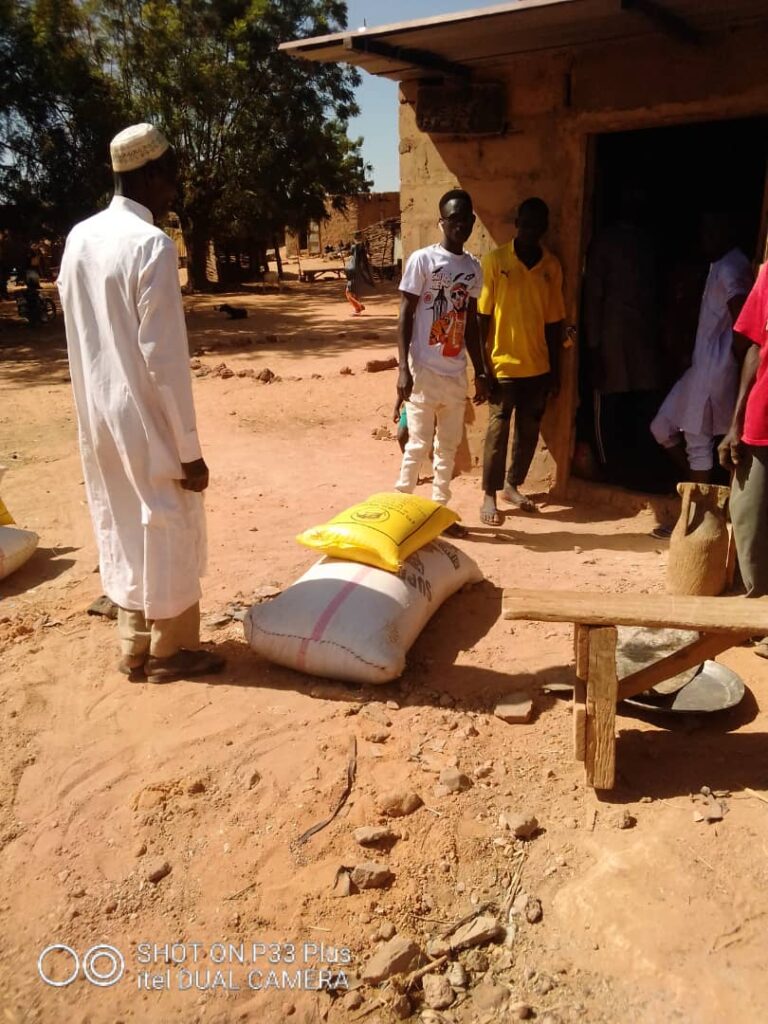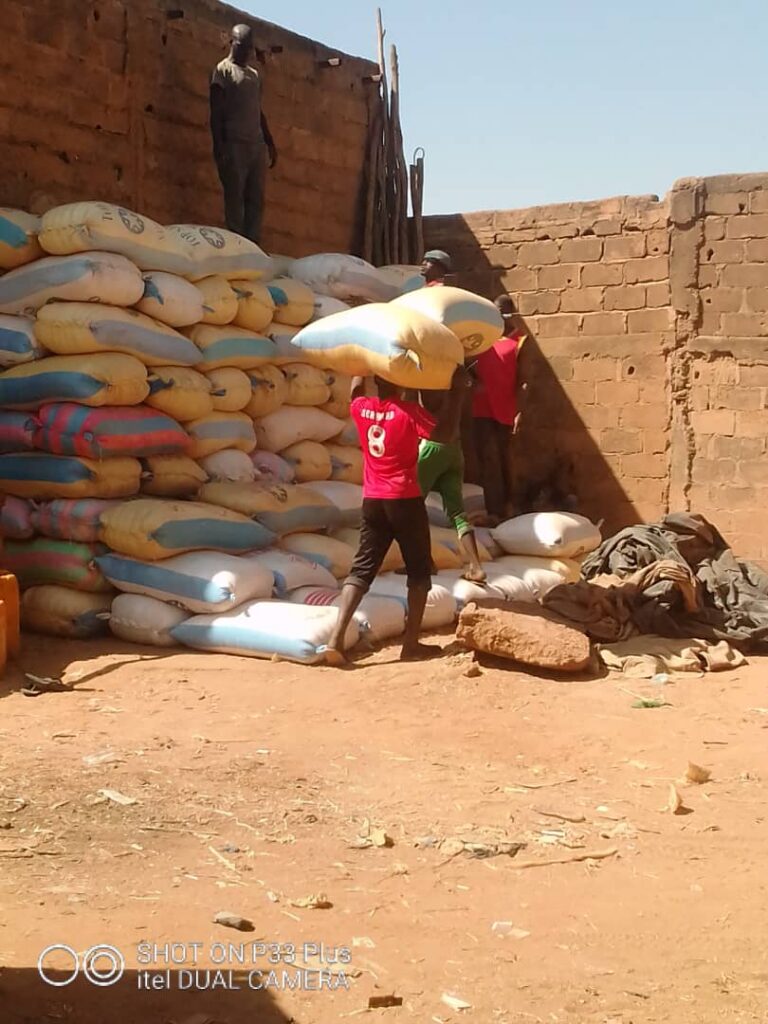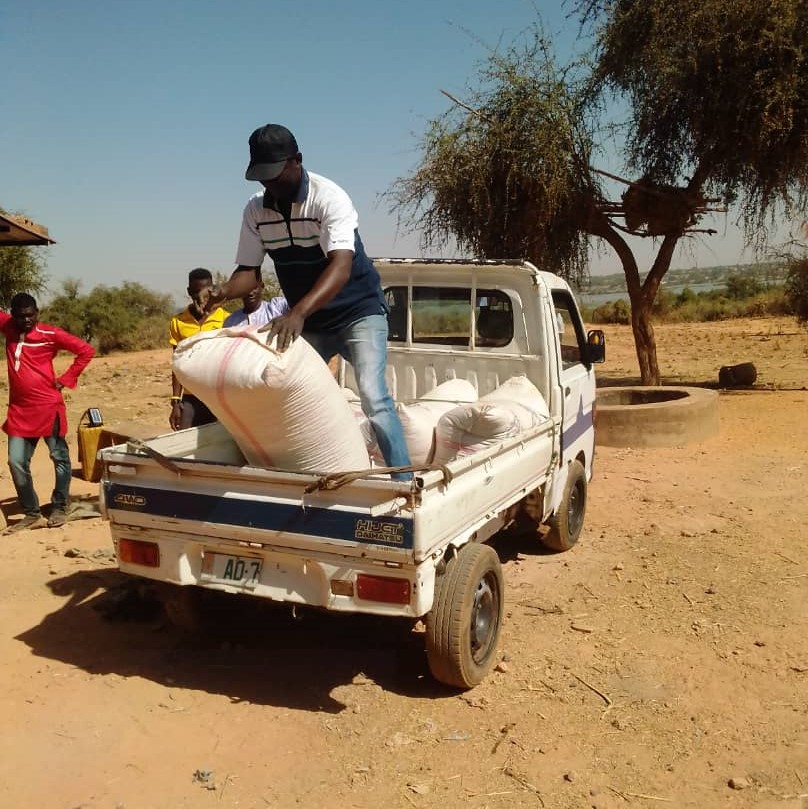In our last post, we began the process of reporting how FBM has responded to the incredible flooding that occurred in Niger last fall. Please make sure you read that post, if you have not done so already. What follows is a continuation of that report.
Farming
Many people in Niger grow their own crops. Some have a small field that they farm simply to feed their family while others farm a larger area as a source of income. The flooding devastated countless fields and crops. As part of our relief efforts, FBM has come alongside nationals by purchasing farming equipment and seed to help restore the crops lost by the flood. This long term impact helps the nationals regain their source of food and income for their families.
Helping nationals replant their fields accomplishes many things. It helps them feed their families. It gives them an opportunity to work with their own hands. It can often provide them with a source of income as they are able to sell excess crops. In many cases, giving someone a shovel and some seed is a much better gesture than simply giving them some food because of the long term impact it will have. (However, we have also been distributing food as you will see below).
As you can see in the pictures below, we have been able to purchase shovels, rakes, hoes, wheel barrows, and even a few water pumps to help them properly irrigate their fields when the river waters recede. One interesting aspect is that they will often help each other out on their fields. So, one shovel will be used on many different fields.
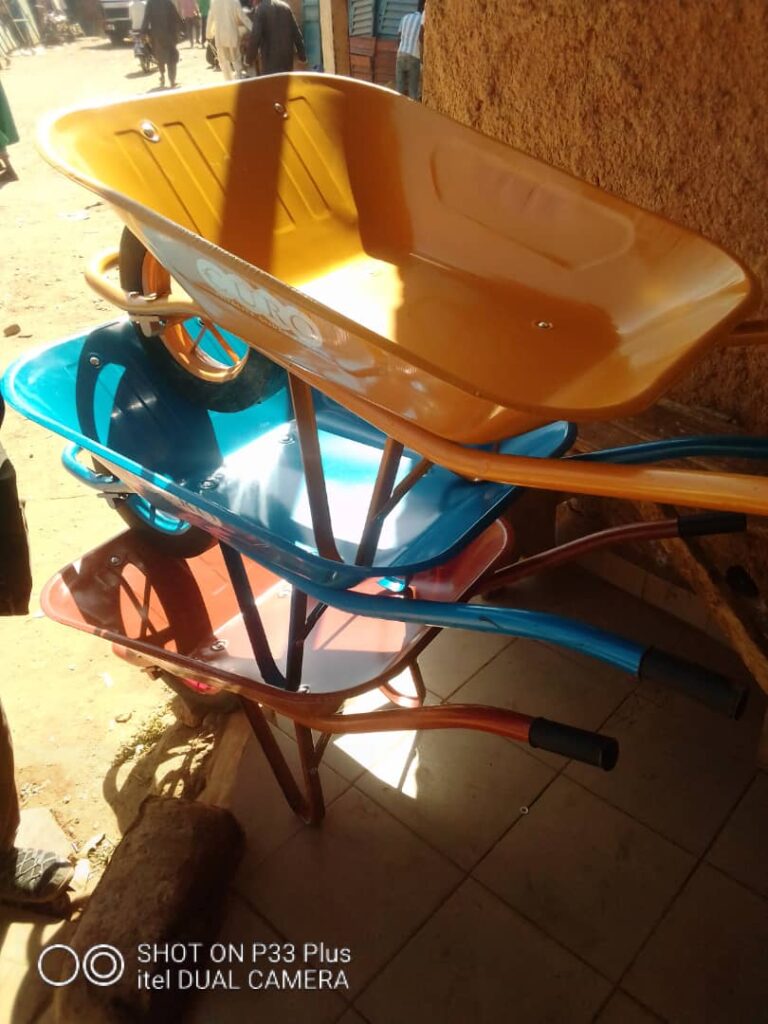
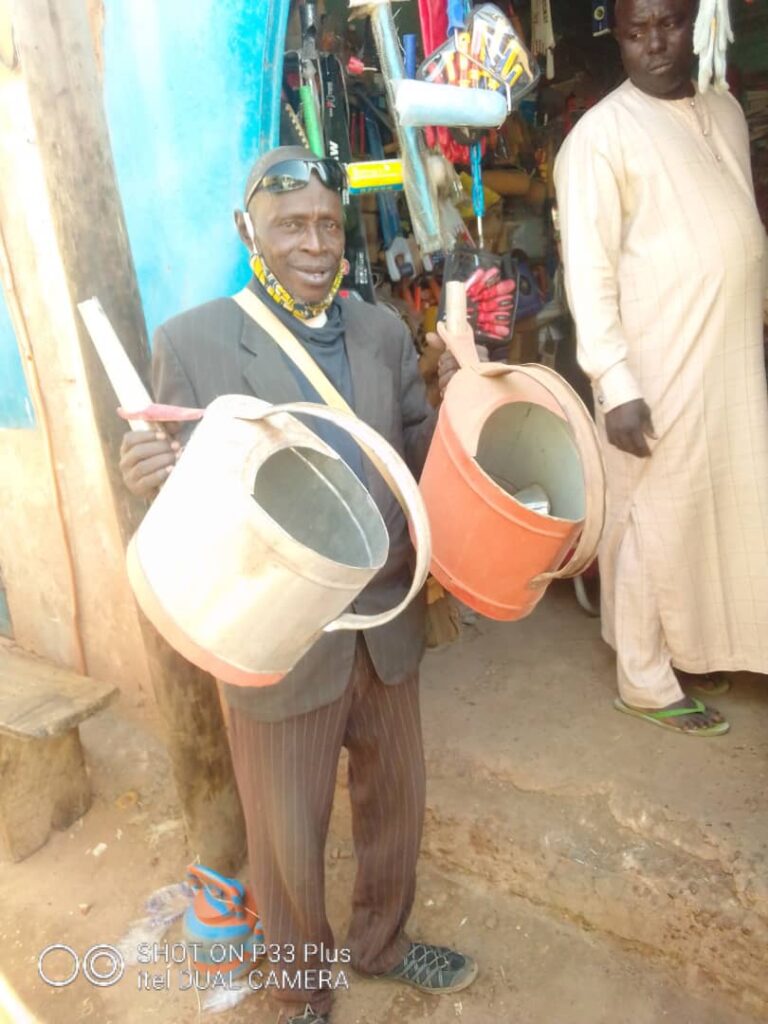

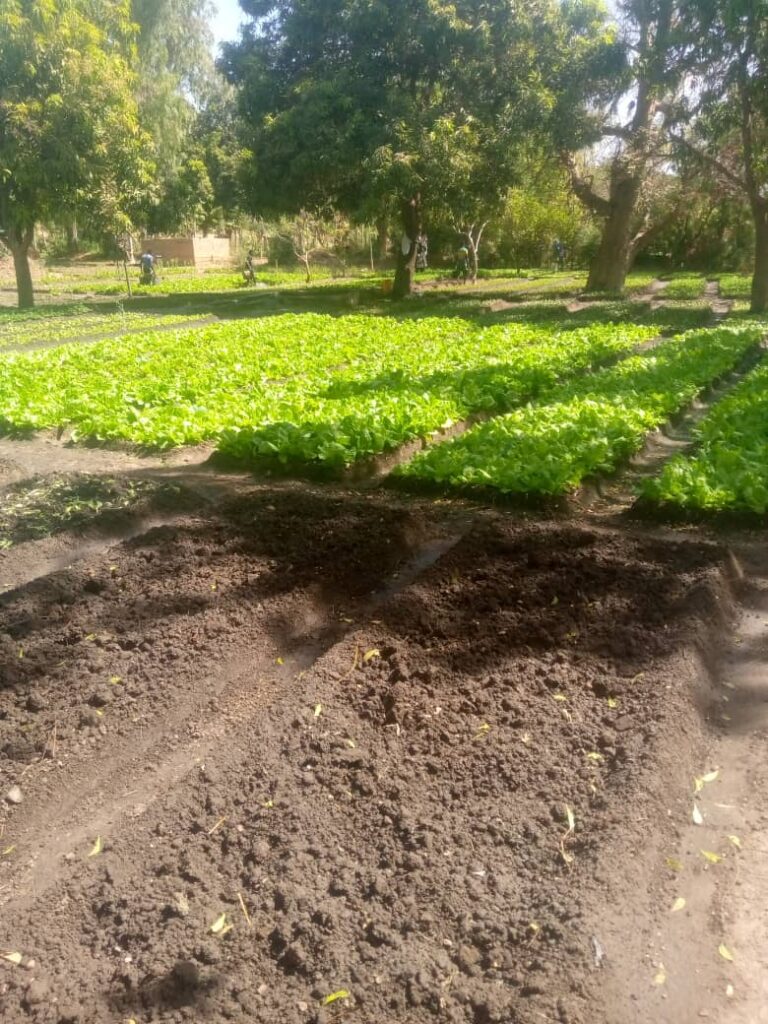
Some fields are already looking great! 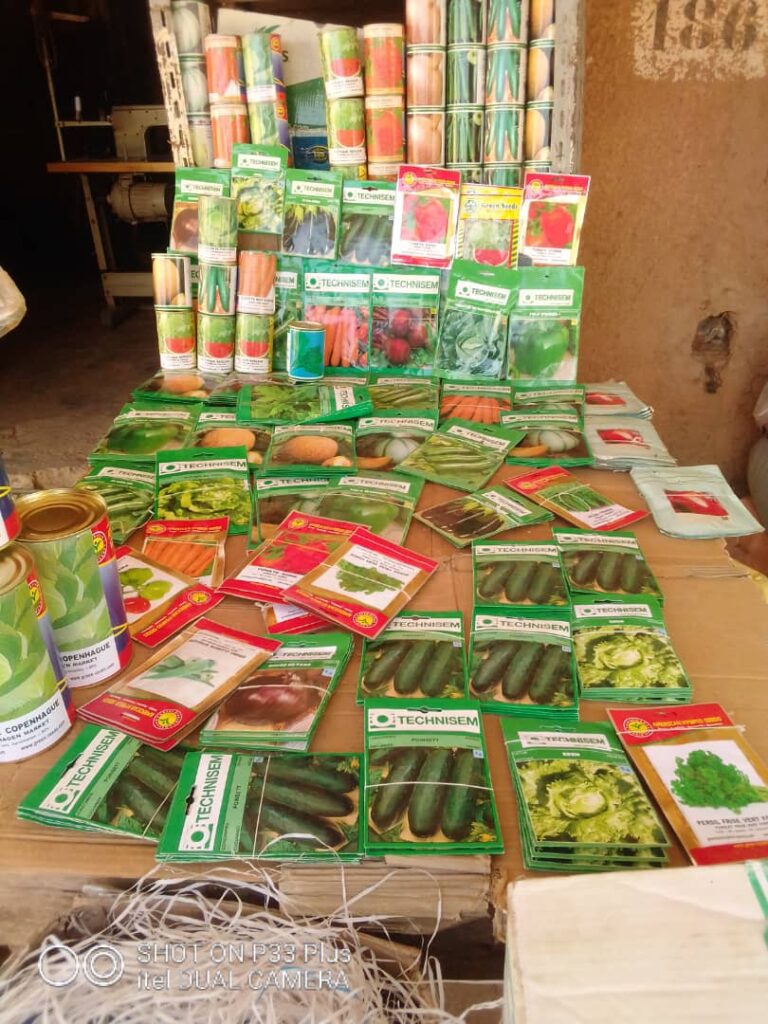
Grain Distribution
While helping with the replanting of fields is a part of our longer-term strategy, there has certainly been an immediate food crisis. The flooding caused a food shortage and also a dramatic increase in the price of food. To help with this, we have been purchasing sacks of rice and corn. One sack of rice and one sack of corn will feed a family for quite a while.
These food distributions are necessary while they wait for their crops to grow. Typically, these distributions are done in connection with the chief of the village. In other words, the food is given to him and then he is responsible for overseeing the distribution. In addition to distributing food, the Gospel is presented to these villages. I can imagine the evangelist saying something like, “Here is some food for your family, but let me also tell you about the Bread of Life.”
Transportation
There is one final aspect of these relief efforts that is important to understand. Transportation in Niger is not an easy task. Here in the US we imagine purchasing farming supplies and it is a fairly simple task. We simply go to the store and purchase what we need and then take it home. Or, we might place an order and have the items delivered. In Niger, it is very different.
Many of our relief efforts have focused on some of the bush villages outside the capital of Niamey. This often means that the items are purchased in Niamey and then have to be transported out to the villages. This transportation is complicated because many roads and paths were significantly damaged by the flooding. When possible, trucks are hired to make these deliveries. However, the trucks can’t always make it out to the villages. Because of this, items are often carried by hand or on a donkey cart.
Looking Ahead
As we look ahead, we praise God that there are still available funds in our West Africa Relief account. We intend to continue providing assistance along these same avenues: rebuilding houses, providing Gospel radios, farming assistance, and food distribution.
We praise God for the tremendous response by churches and individuals across the US. Ultimately, we pray that our efforts will be used by God to reach more souls for Christ.


